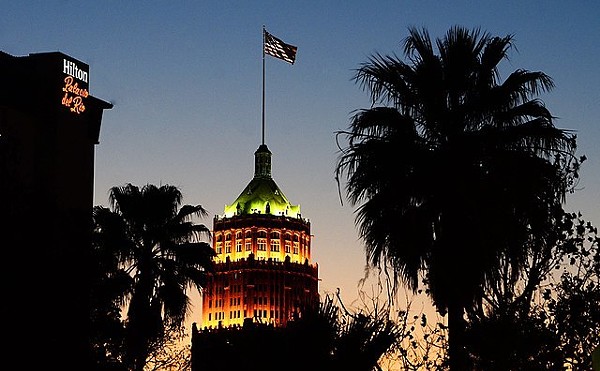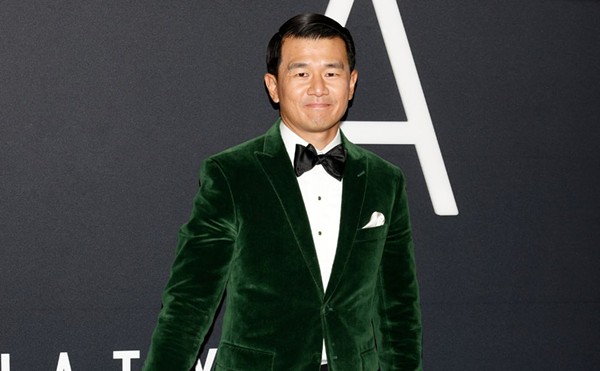While musing on this week’s review of “The Orient Expressed,” the large survey show now at the McNay that focuses on the congruence of Japanese and Western art known as Japanisme, a recent quote by music critic Lisa Simeone — recently punished by National Public Radio for her involvement in the Occupy DC protests — jumped to my attention. “What is NPR afraid I’ll do — insert a seditious comment into a synopsis of Madame Butterfly?” This opera by Puccini, one of the best known examples of Japanisme, treats the political and cultural relations between America and Japan through the allegory of a doomed marriage.
On October 19, Simeone was fired from her position on Soundprint, a radio show aired on WAMU, an NPR affiliate in Washington, D.C. Simeone is also the host of NPR World of Opera, produced by WVAD in Charlotte, North Carolina. Though WVAD has stood by Simeone, NPR has cancelled its distribution of the opera show. Why the brouhaha? Though Simeone is an independent contractor rather than an employee of NPR, she has been accused of violating the radio organization’s ethics standards prohibiting a journalist from participating in politics.
While commentary in the blogosphere about Simeone’s plight has hinged on those contractual obligations, other questions beg to be asked: What is the role of the critic? Must politics be avoided? By mentioning Puccini’s most famous opera, Simeone has given us a hint. Madame Butterfly is, in brief, a story set in Nagasaki, Japan, at the end of the 19th century that tells of a young Japanese woman who marries an American naval officer. After the husband disappears, she bears his son. Though told to forget him, Butterfly stays fast in her expectation that her gallant will return. Years later he does come back, but with an American wife in tow; the two have come to Japan to claim Butterfly’s child. When she realizes that she has been abandoned, she kills herself. He feels remorse, but too late.
That the story encodes the history of Commodore Perry’s forcible entrance past the Shogun’s forces in 1854, and the uneven relations between East and West that resulted, is obvious. Simeone’s mere mention of this story might seem seditious to some, as it portrays American foreign relations as plundering imperialism albeit during another era. But the critic is responsible to art, and art is in the world. The way it pictures the world is never neutral. It is absurd to think that a critic should or can be neutral, too.















